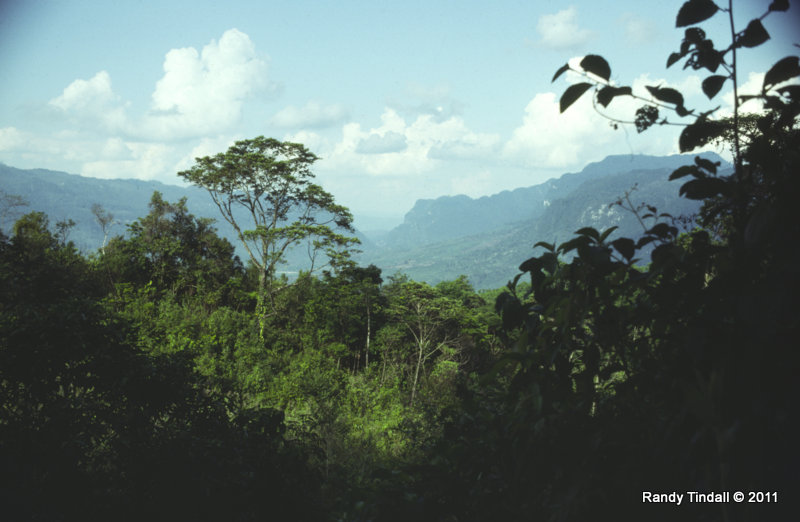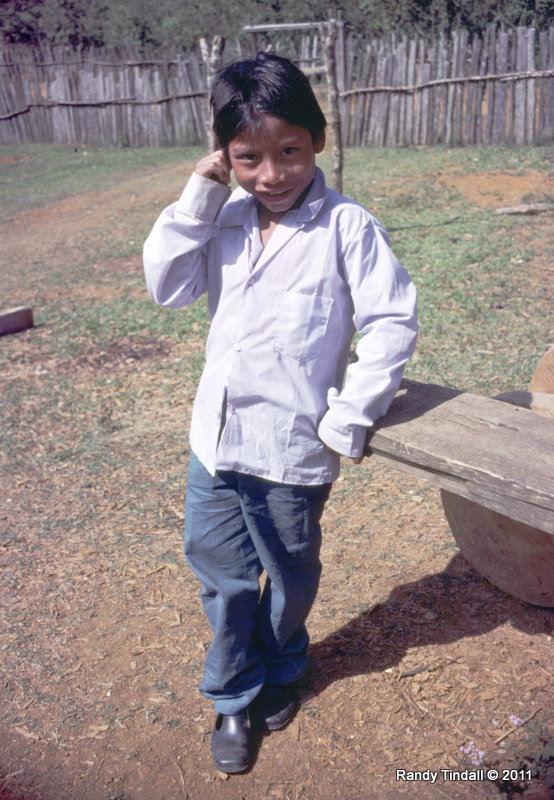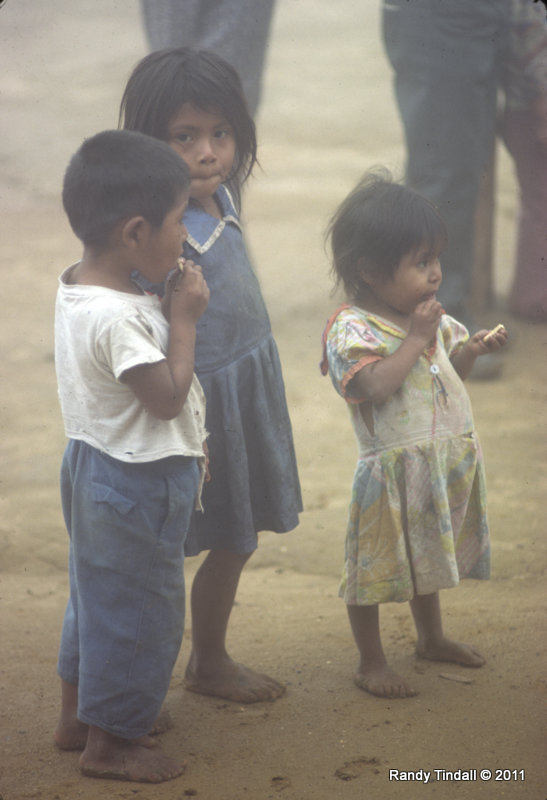This is not really about our backyard, except that that’s where I was when the memory washed over me, early one morning, about 4 a.m. or thereabouts, as I shivered and stared up at the sky, hoping to see the show from the Quadrantid Meteor Shower. Upstairs was a warm bed, with a warm (and smart) Nadia in it.
“Let me know if there’s something to see,” she mumbled when I got up, her nose poking out of the blankets.
There were lots of stars this night, for a city sky, at least. I stood out there awhile, listening to the nocturnal city growl, the murmur from I-70 a couple of miles north, the slight rustle of leaves in our pin oak. A couple of upstairs lights were on in a nearby house—insomnia? Or another watcher? Nearby security lights were on, guarding back doors. There is a peace to early, early morning that is hard to describe. It sort of feels like the whole world is yours, like you’ve got it all to yourself.
I watched for falling stars—the Quadrantids are known for fireballs, flaming meteors leaving trails across the sky. Nothing fell, but I watched anyway.
At one point, I looked straight up and saw a rapidly moving light, pulsing regularly, moving west to east. Very fast. It didn’t look like a commercial airliner, but it wasn’t really odd. Military aircraft, maybe. But it triggered something deep in my memory.
___________________________________
We were far out beyond where the casual traveler usually goes, deep into southern Mexico. Chiapas, way out in the isolated highlands south of Altamirano, a little-known town on the edge of the past. Summer, 1977.
We three gringos, Pam, the Dutchman we knew as Kris, and I sat around a small fire in the mountain hamlet of El Triunfo. We had come to this small village the hard way, walking with heavy packs over miles and more miles of mountain paths from Altamirano.
The village headman, Presidente Antonio, was a young man, handsome, with friendly, penetrating eyes. He made us welcome, put us up in the local schoolhouse, a wattle-and-daub thatched building with tables big enough for our sleeping bags. Food was provided for the exotic visitors, tortillas and beans and coffee. It was good, and we were grateful.
That night around the fire there were a few curious hangers-on willing to sacrifice sleep to be around visitors who almost never came here. Blancos, gringos, were pretty much unknown in these parts, and we were a powerful draw. We murmured and chatted into the night, watching the stars as they went from faint to fierce as the sun went down and night advanced.
I think that one who has never seen a true night sky has never fully lived. Up there in the mountains of southern Chiapas, many miles from the nearest road or town with electricity, we could see stars. The firmament glowed with them. The sky was radiant. They almost reached down to grab at us.
Conversation murmured around the little fire. I missed most of it, my Spanish being somewhere south of bad, but Kris was fluent. He was there to visit his wife’s people—the Tzeltal Maya—and here they were. Like most people, I had read about the mysterious disappearance of the Maya in ancient times, but it was no mystery to me on this night. They were here, with us, sitting around this fire. chatting softly in the night air. I don’t know where their empire went, but the Maya remain. Their ancient language murmured in the darkness when they spoke amongst themselves, but when they spoke to us, they politely switched to a simple Spanish.
It is hard not to watch that kind of luminous sky, and watch I did. The glow was captivating and suddenly among it I saw a small point of light moving in a straight line. It didn’t blink or diverge from its path, but it moved steadily on, from one horizon to the other. A satellite. I pointed at it, and said something like, “Mira. Esta estrella is una maquina.” Look, this star is a machine.
I’m not really sure, all these many years later, but I suppose I was bragging about our technology. I did not get the reaction I expected.
“Si, yo se.”, said Presidente Antonio, translated by Kris. “Los hombres de arroz vienen de estas maquinas”. Yes, I know. The Men of Rice come from these machines. He said it like he would say that the sun comes up in the morning. Matter of fact. He wasn’t even very interested. The talk moved on.
The fire and conversation died down after a while. The villagers had to get up early to reach their distant fields and do their work. This life was not an easy one.
I don’t recall, these many years later why we didn’t question Antonio further about these strange men who come from the machines in the sky. Kris was dozing and we were all tired from miles of hard walking. It just didn’t seem to dawn on me that we may have heard something profound. For 35 years it has remained to me as a mystery from a mysterious people, and I have never been able to find out more. There are persistent legends about celestial visitors to the Maya in ancient times (and here and here) influencing their advanced culture and helping devise their uncannily precise calendar, but as a tedious realist and a former student of a prominent Mayan archaeologist, the late Dr. Robert Rands, I put no stock in them. But I would like to know….
A week or so later, we literally stumbled out of that valley, thoroughly exhausted after a forced march of what we later estimated to be 45 miles in one day. Eventually we found our way back to our ‘normal’ lives in El Norte. My immediate legacy of that time was a fierce case of dysentery. The longer one is a puzzle that still nags at my mind. The nonchalance of a Tzeltal Maya Indian confronted with a miracle of modern technology, as if he knew about it before we did, still tugs at my imagination.
I don’t know what happened to Presidente Antonio over the decades, but I fervently hope it was good. He had very kind eyes, seeming older than his young face. I hope he still does.
_____________________________________________
The cold brought me back. Twenty minutes or so into my backyard search for fireballs, I gave in to the shivering and decided to go back to bed. My search was in vain. The neighbors’ security lights glowed on. Distant traffic rumbled.
Turned out I was a day late for the meteor shower anyway. I had the date wrong. No fireballs for me. No Rice Men. Not this night.
But, damn….I still wonder. I think I will always wonder. About lights in the sky. About ancient peoples and what they may know.
I left our backyard for the warmth inside.
———————————————————
Note: This area was home to part of the Zapatista rebellion of the 1990’s. I have often wondered about how many of the children we met among the Tzeltal and Tojolobal Maya fought in this rebellion and how many lived or died.






What a great story, Randy. Too bad you’ll never know what he meant. I love your photos of the children too, very sweet.
Thanks, Kim. Keep those cameras dry.
Randy, I really enjoyed your “Men of Rice” story. I had a question though: what exactly were you doing out in the Mexican highlands? Why were you there? Do you think that the presidente could have been referring to a military plane that may have brought donated food supplies such as rice at some point in history? This may not be a legitimate guess, but I am so curious! Also, I love you leaf photos, and the photo of the American Hover fly and “Summer’s end.” Works of art!
Thanks, Cherilyn! I was backpacking through Mexico and Central America with my friend, and we met Kris in the town of San Cristobal de las Casas in Chiapas. He was about 60 years old, from Holland, retired from being a musician and running a construction business, and he had come to Mexico to live. One day over coffee he told us he was going to hike out into the mountains and visit his wife’s people. She was a blind, Tzeltal Mayan woman named Marta, and they had two kids. Kris wanted to go out and teach the villages about health and hygiene practices to try to help prevent some of the diseases they suffered from. We volunteered to go with him and he was grateful for the company, so we visited around 12 villages over the next two weeks, walking about 100 miles.
Your guess about the “men of rice” is as good as any. It would have had to be a helicopter, because there was no way to get an airplane on the ground out there. I suppose they could have parachuted rice in, though. I have no clue.
Glad you like the images!
Your story reminds me of a visit I made to a remote village in Kenya. The white man as a celebrity, the clarity of the sky, the warmth of the people, the many languages spoken, even the dysentery. Years later the election violence erupted in Kenya and made it unsafe for Westerners.
Although I was an exotic to them — someone from America — they were aware of the world outside. Everyone had a cell phone (literally, even the beggars on the streets of Nairobi). My digital camera was a novelty but not something magical to them.
I long to go back to Africa. Not the big cities but the Rift Valley.
What year were you there? I was in Kenya in 1993, on a small island in Lake Vic about an hour out from Kisumu. A fascinating country with wonderful people. I agree the Rift Valley is a special place in this world. I spent over two years in Malawi back in the ’80’s and it took me a long time to get used to being back in the U.S. We’re so sheltered here.
Put some good Africa stories on your blog! I’d love to read them.
I have read returned to this piece a few times. You tell a good tale, my friend.
Awww, you’re just biased because we’ve known each other since 1973! But thanks!